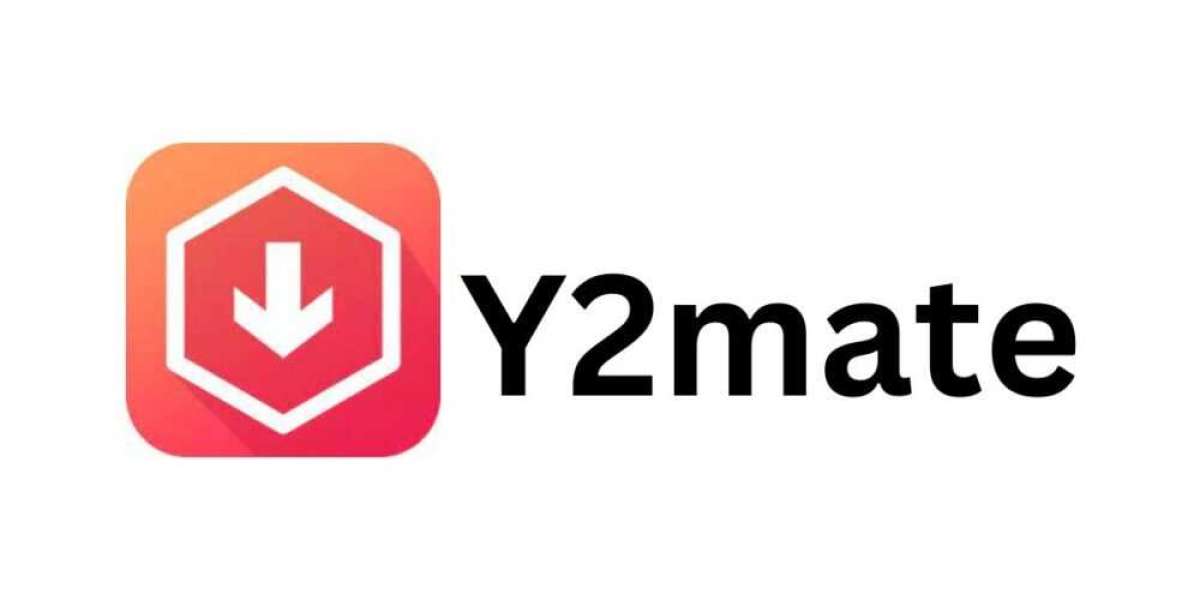Introduction:
In the vast landscape of online content consumption, YouTube stands as the undisputed giant. With billions of users uploading and watching videos on the platform, it has become a cornerstone of modern digital culture. However, the desire to download and convert YouTube videos to MP3 audio files has given rise to a controversial practice that has caught the attention of both content creators and legal authorities - YouTube to MP3 converters.
The Appeal of YouTube to MP3 Converters:
YouTube to MP3 converters gained popularity due to their ability to transform YouTube videos into audio files that can be conveniently stored and played offline. Users, driven by the convenience of having their favorite music or podcasts readily available on their devices, turned to these converters as a solution to the limitations of streaming.
However, this seemingly innocent convenience has sparked debates over copyright infringement, intellectual property rights, and the potential impact on content creators.
Copyright Concerns:
One of the primary concerns surrounding YouTube to MP3 converters is their potential to infringe on copyright laws. When users download and convert videos without permission, they may be violating the intellectual property rights of the content creators. YouTube's terms of service explicitly state that users are not allowed to download videos without explicit permission from the content owner.
This raises questions about the ethical implications of using such converters and their impact on the livelihood of artists and creators. Musicians, for example, depend on revenue from streams and video views, and the unauthorized distribution of their work in Y2Mate format could undermine their ability to earn a living.
Legal Actions and Responses:
In response to the widespread use of YouTube to MP3 converters, legal actions have been taken by both individual content creators and major music labels. YouTube, being aware of the issue, has also taken steps to address it. The platform employs Content ID, a digital fingerprinting system that automatically identifies and manages copyrighted content.
Several converters have faced legal challenges, and some have been shut down due to copyright infringement claims. The legal landscape surrounding these converters is complex and varies from country to country, making it difficult for users to discern whether their actions are in violation of copyright laws.
Fair Use and Transformative Work:
Advocates of youtube video download -- converters argue that their use falls under the umbrella of fair use, as users are often downloading content for personal, non-commercial purposes. They contend that the conversion of videos into MP3 files can be considered a transformative work, allowing users to enjoy the content in a different format without directly competing with the original source.
However, the interpretation of fair use can be subjective, and legal precedents may not always favor the users of YouTube to MP3 converters. Courts have often considered the impact on the market for the original work and the nature of the use when determining whether a particular instance qualifies as fair use.
Conclusion:
The rise of YouTube to MP3 converters has ignited a complex debate at the intersection of convenience, copyright, and fair use. While users appreciate the ability to have their favorite content readily available offline, the potential harm to content creators and the legal implications cannot be ignored.
As technology continues to evolve, so too will the legal and ethical considerations surrounding online content consumption. It is crucial for users to be aware of the potential consequences of their actions and for lawmakers to adapt regulations to address the challenges presented by emerging technologies.
In the meantime, the controversy surrounding YouTube to MP3 converters serves as a reminder of the delicate balance between the convenience of digital tools and the protection of intellectual property rights in the ever-expanding landscape of online media consumption.







